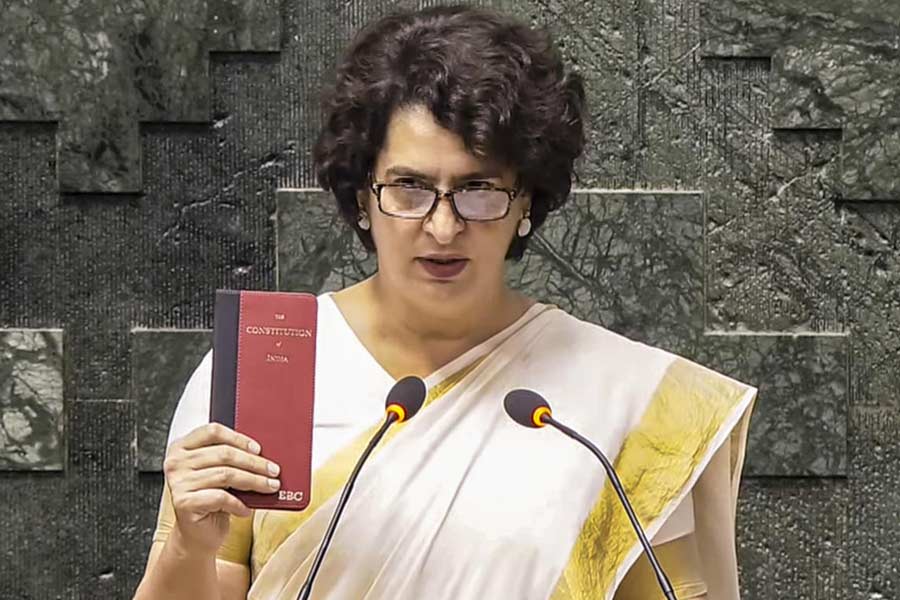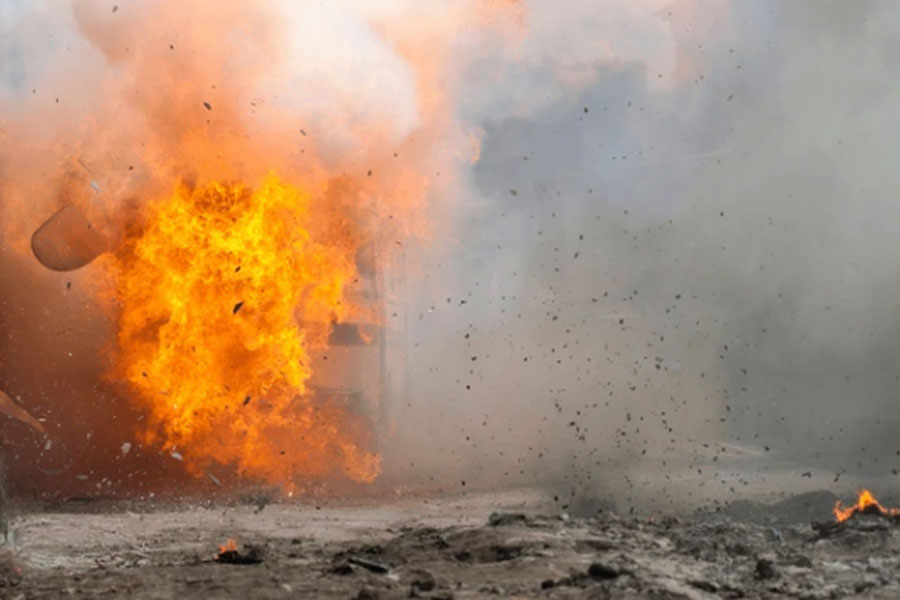The Supreme Court has quashed a criminal case against a company owner and his son on the ground that the complaint of selling drugs without valid permission was impelled by “sinister motive”.
The court said criminal cases should not be used to harass the innocent, but rather as a shield to protect them.
“While this court does not expect a full-blown investigation at the stage of a criminal complaint, however, in such cases where the accused has been subjected to the anxiety of a potential initiation of criminal proceedings for such a length of time, it is only reasonable for the court to expect bare-minimum evidence from the investigating authorities,” the bench of Justices Krishna Murari and S. Ravindra Bhat said.
“...We again state that the purpose of filing a complaint and initiating criminal proceedings must exist solely to meet the ends of justice, and the law must not be used as a tool to harass the accused. The law is meant to exist as a shield to protect the innocent, rather than it being used as a sword to threaten them,” the court said.
The bench passed the ruling while quashing the criminal case filed by the Drug Control Authority of Tamil Nadu against the owner of Chem Pharm, Hasmukhlal D. Vora, and his son.
On November 19, 2013, the then drug inspector of the Kodambakkam range inspected the appellants’ premises and alleged contravention of Section 18(c) of the Drugs and Cosmetics Act, 1940, read with Rule 65(5)(1)(b) of the Drugs and Cosmetics Rules, 1945.
The inspector had alleged that the father-son had purchased 75kg of pyridoxal-5-phosphate from Antoine & Becouerel Organic Chemical Co, split the bulk quantity into several parts and sold it to different distributors, violating the provisions of the 1940 Act which prohibits any such division.
However, a formal case was registered against Vora and his son four years after the inspection. The appellants moved Madras High Court for quashing the criminal case alleging mala fide, but it was dismissed.
“In the present case, the respondent has provided no explanation for the extraordinary delay of more than four years between the initial site inspection, the showcause notice, and the complaint. In fact, the absence of such an explanation only prompts the Court to infer some sinister motive behind initiating the criminal proceedings,” the Supreme Court said.
Allowing the appeal, Justice Krishna Murari, who authored the judgment, agreed with the contention of the appellants that the impugned substance had been categorised as a bulk food substance falling under the definition of food as per Section 3(1)(j) of the Food Safety and Standards Act, 2006.
The substance had specifically been mentioned as a food ingredient in Serial No. 4(ii) of the Schedule-I of the Food Safety and Standards Regulations, 2016. “Further from a bare perusal of the relevant laws and regulations, it can also be seen that the alleged substance is not included as a drug in the Indian Pharmacopoeia.
The fact that it is mentioned as ‘food’ as per Section 3(1)(j) of the Food Safety and Standards Act, 2006, further only proves that the impugned substance does not require a specific licence under the Drugs and Cosmetics Act, 1940,” the court said.











